The Harmful Effects of Air Pollution on Kids
Air pollution is a growing concern worldwide, especially for the elderly and children. The World Health Organization (WHO) highlights that every day, around 93% of children under 15 years old breathe polluted air that exceeds safe levels. This silent danger can have long-lasting effects on their health, impacting their immediate well-being and future development. As parents and caregivers, we must proactively safeguard our children from these harmful effects.
Children are especially vulnerable to air pollution because of their developing bodies and faster breathing rates, which expose them to more pollutants compared to adults. Protecting them starts with understanding the impact of air pollution, taking simple preventive measures, and promoting a safer environment at home and in the community.
In this blog, insights from the leading pediatrician at Miracles Apollo Cradle, Gurgaon, shed light on why children are more affected by air pollution, the potential health impacts, and practical steps to protect your little ones from harm.
Why Are Children More Vulnerable to Air Pollution?
Children are more affected by air pollution due to their growing bodies and certain habits. Here are why the effects of air pollution on human health more especially on children :
-
They Breathe Faster: Kids breathe more fast than adults, which means they take in more air and more pollution for their size.
-
Developing Bodies: Their lungs, brain, and immune system are still growing. Harmful pollutants during this phase can cause long-term health issues.
-
Closer to the Ground: Since children are shorter, they are closer to the ground where dust and harmful particles are more concentrated.
-
More Time Outdoors: Kids love playing outside, which increases their exposure to outdoor pollution like vehicle exhaust and smoke.
-
Weaker Immune System: A child’s immune system is not as strong as an adult’s, making it harder to fight off infections caused by polluted air.
Understanding these factors helps us take better steps to protect our children from air pollution.
Harmful Effects of Air Pollution on Children
The harmful impact of air pollution on children can range from immediate symptoms to long-term complications. The diseases associated with air pollution include:
1. Respiratory Issues: Polluted air contains fine particles and gases that can irritate the respiratory tract. Common respiratory issues include:
-
Asthma: Air pollution is the most powerful trigger for asthma attacks in kids.
-
Chronic Bronchitis: Prolonged exposure to polluted air can also lead to chronic inflammation of the airways.
-
Increased Allergies: Pollutants can worsen allergic reactions, causing sneezing, nasal congestion, and itchy eyes.
2. Impaired Brain Development: Pollutants like nitrogen dioxide (NO₂) and particulate matter (PM2.5) can cross the blood-brain barrier, affecting cognitive development. Studies have linked air pollution to lower IQ scores, low cognitive function, and even behavioral disorders in children.
-
Weakened Immune System: Continuous exposure to harmful pollutants can weaken the immune system, making children more vulnerable to infections like pneumonia, bronchitis, and the flu.
-
Slower Physical Growth: Air pollution has been linked to reduced lung growth in children, which can lead to chronic respiratory issues in adulthood.
-
Long-Term Health Risks: Air pollution is a risk factor for several chronic diseases, including heart problems, diabetes, and certain cancers. Children exposed to polluted air are more likely to develop these conditions later in life.
Signs of Air Pollution Exposure
As a parent or caregiver, it is important to be aware of symptoms that may indicate air pollution is affecting your child. These include:
-
Persistent coughing
-
Wheezing
-
Shortness of breath or difficulty breathing
-
Frequent respiratory infections
-
Fatigue
-
Lack of concentration
-
Irritated eyes, nose, or throat
-
Unexplained skin rashes
If you notice these symptoms, consult a pediatrician near you to rule out or address pollution-related health issues.
How to Protect Kids from Air Pollution?
While completely avoiding air pollution is unrealistic, you can significantly reduce its impact on your child with the following strategies:
1. Monitor Air Quality Regularly: Use air quality index (AQI) apps or websites to track pollution levels in your area. Avoid outdoor activities during high-pollution times, which usually overlap with rush hours or specific seasons, like winter smog.
2. Create a Clean Indoor Environment
-
Air Purifiers: Use high-quality air purifiers to reduce indoor pollutants.
-
Seal Windows and Doors: Use weatherstripping to prevent outdoor air from seeping indoors on high-pollution days.
-
Ventilation: Ensure good ventilation in your home during courses of low pollution to maintain fresh indoor air.
-
Avoid Indoor Pollutants: Reduce the use of chemical-based cleaning products, air fresheners, and candles that can contribute to indoor air pollution.
3. Boost Immunity with a Healthy Diet
-
Antioxidant-Rich Foods: Include fruits like oranges, berries, and vegetables like spinach and broccoli to help combat oxidative stress caused by pollutants.
-
Omega-3 Fatty Acids: Foods like fish, flaxseeds, and walnuts support lung health.
-
Hydration: Encourage your child to stay hydrated by drinking plenty of water to flush out toxins.
4. Limit Outdoor Exposure
-
Fix outdoor playtime during the day time when air quality is better.
-
Avoid heavily trafficked areas where vehicle emissions are concentrated.
-
Encourage indoor activities like reading, puzzles, or board games on high-pollution days.
5. Equip Kids with Protective Gear
-
Masks: Provide well-fitting N95 or similar masks to filter out particulate matter.
-
Sunglasses: Protect their eyes from irritation caused by pollutants.
6. Engage in Community Efforts
-
Tree Planting: Trees act as natural air filters. Join or organize community tree-planting drives.
-
Advocate for Clean Air Policies: Support local and national initiatives aimed at reducing air pollution.
7. Educate Your Child: Teach children about the dangers of air pollution and how they can protect themselves, such as avoiding playing near busy roads or factories.
The Role of Schools in Protecting Children
Schools are essential to a child’s daily life, making them a critical space for minimizing exposure to air pollution. Here’s what schools can do:
-
Green Campuses: Planting trees and greenery around school premises can act as a protector against pollutants.
-
Air Quality Awareness: Schools can educate students and staff about air quality and encourage preventive measures on high-pollution days.
-
Safe Play Zones: Organize outdoor activities in areas away from traffic and industrial zones.
-
Indoor Sports: During high-pollution days, schools should shift outdoor sports activities indoors.
Long-Term Benefits of Cleaner Air
Taking steps to reduce children’s exposure to air pollution offers numerous long-term benefits, including:
-
Healthier lungs and respiratory systems
-
Better cognitive and physical development
-
Reduced risk of chronic diseases like asthma, heart disease, and diabetes
-
Improved quality of life and academic performance
What Governments and Communities Can Do?
Individual efforts must be complemented by collective action to achieve significant results. Governments, communities, and businesses have an important role in reducing air pollution:
-
Implement Stricter Regulations: Enforce laws to limit emissions from industries and vehicles.
-
Promote Renewable Energy: Shift from fossil fuels to cleaner energy sources like wind, solar, and hydroelectric power.
-
Public Awareness Campaigns: Educate the masses about the impact of air pollution and ways to reduce it.
-
Expand Public Transport: Invest in eco-friendly public transport systems to reduce vehicular emissions.
Conclusion:
Air pollution poses a significant threat to children’s health, but with awareness and proactive measures, its impact can be mitigated. From understanding the harmful effects of air pollution on kids to implementing simple changes at home, every effort counts. Partnering with schools and communities and supporting broader environmental initiatives can help create a cleaner, safer future for our children.
If you are concerned about your child's health and suspect air pollution might be a factor, consult the best pediatrician near you at Miracles Healthcare for expert advice and care. Taking early action can make a world of difference in ensuring your child's well-being and development. Don’t wait, schedule an appointment today.


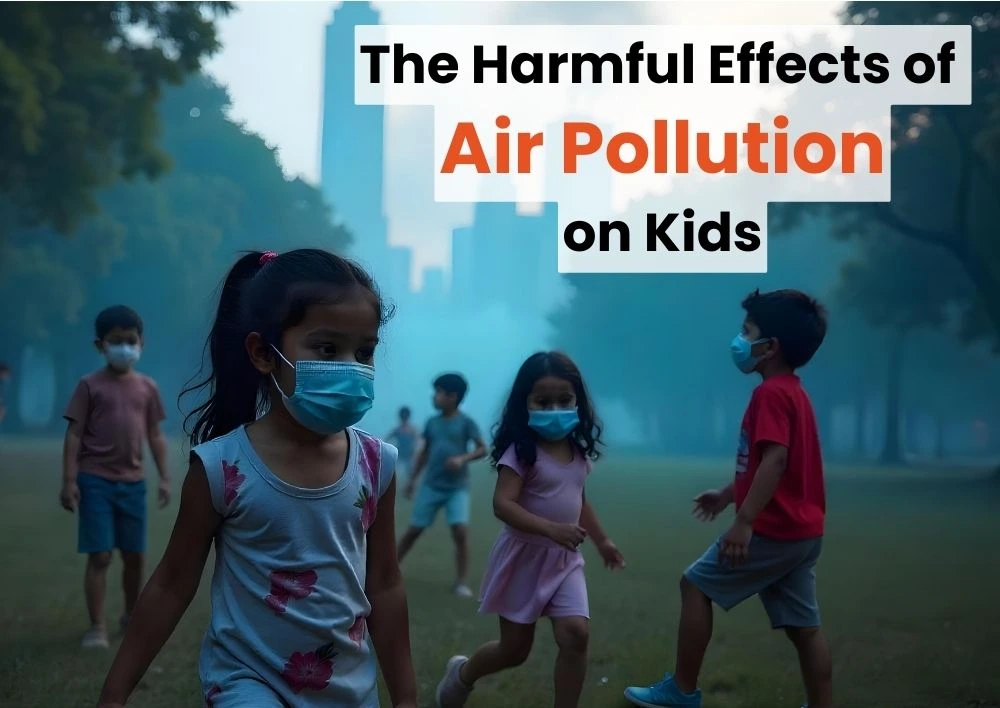

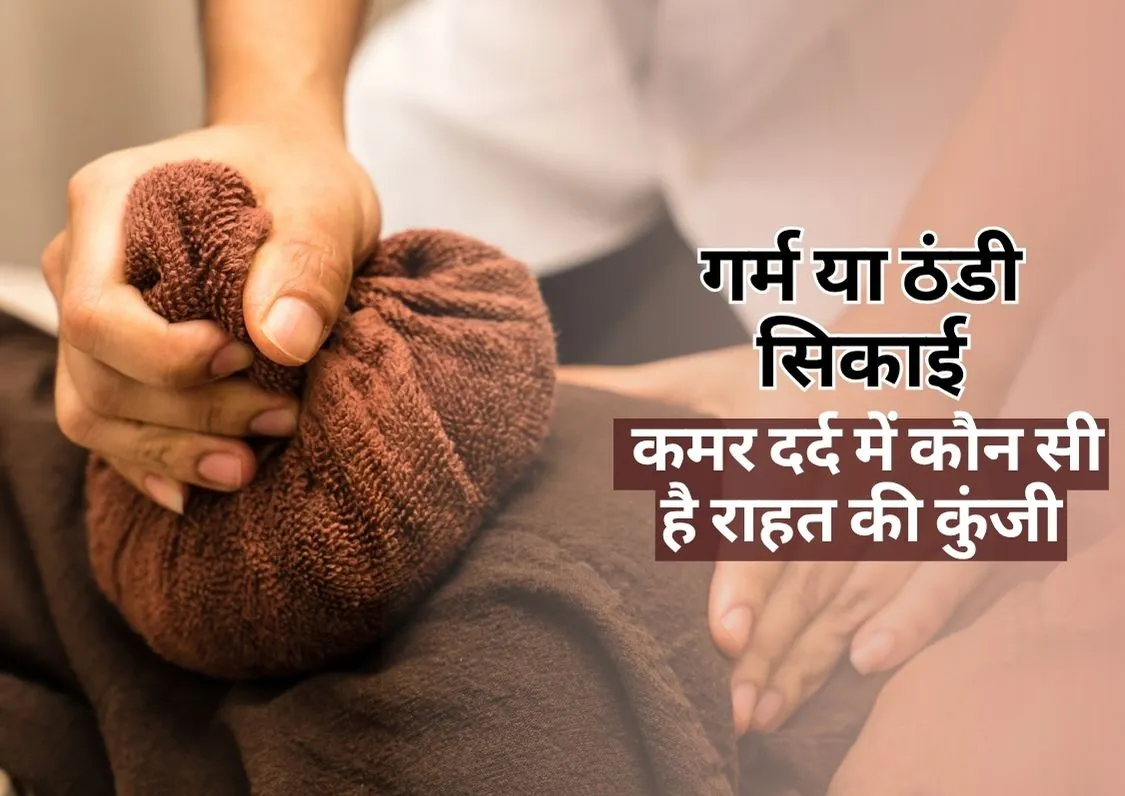
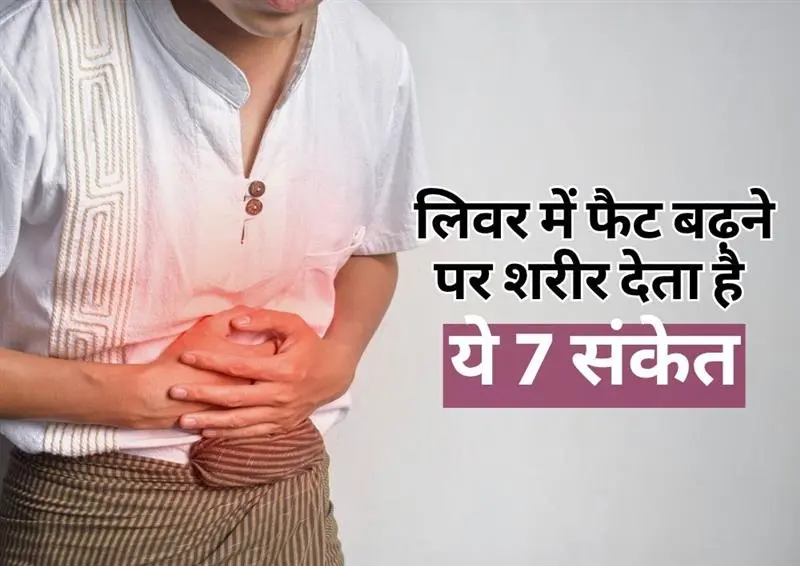
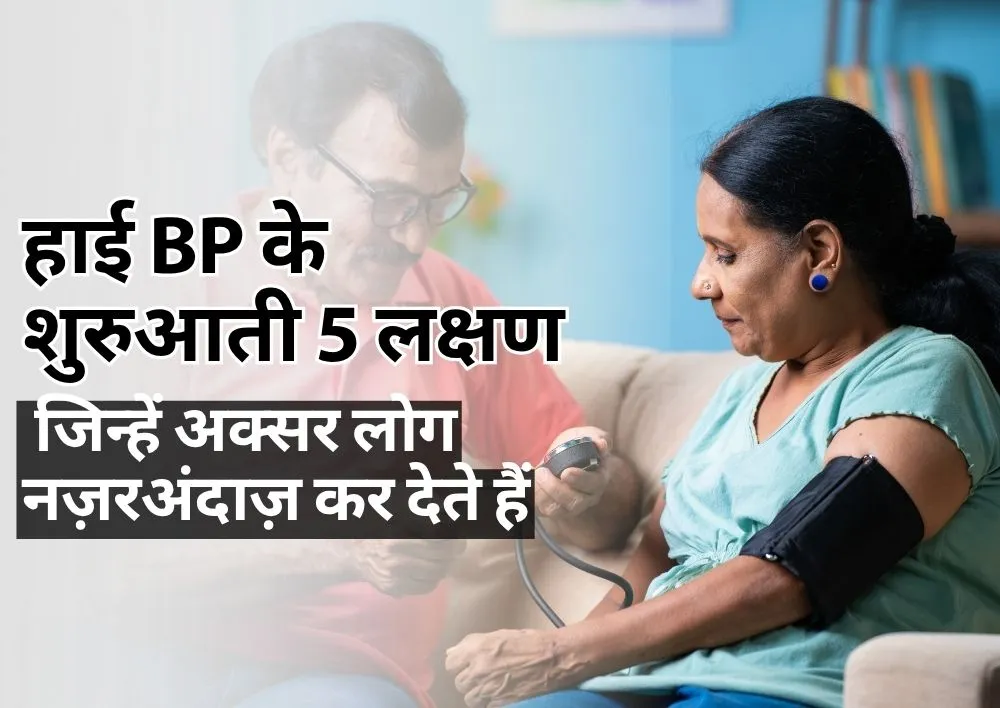
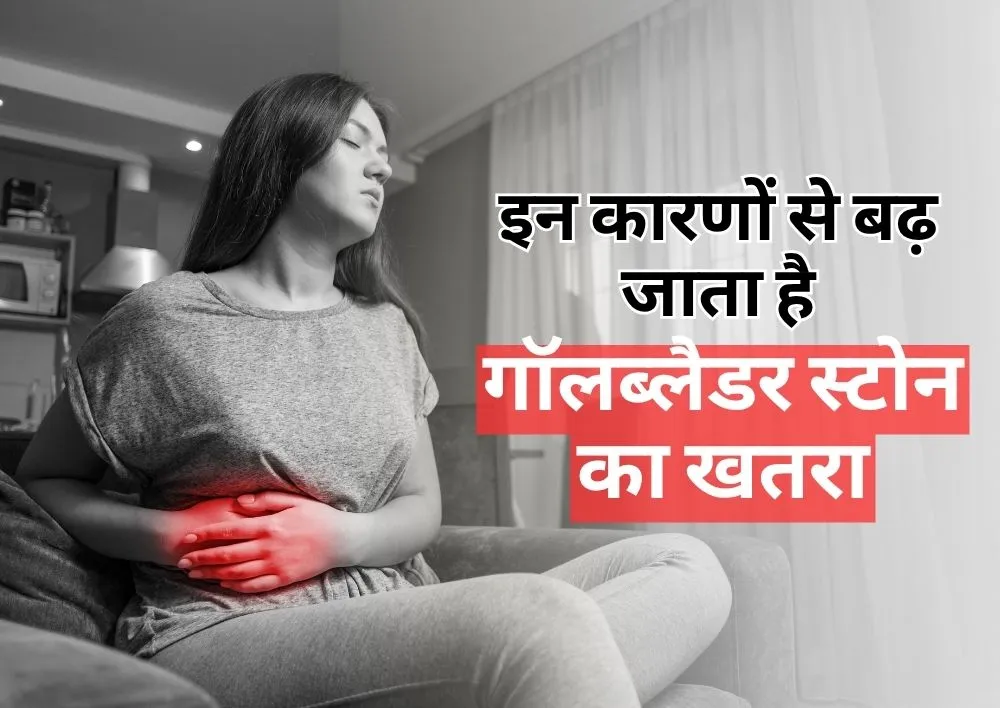
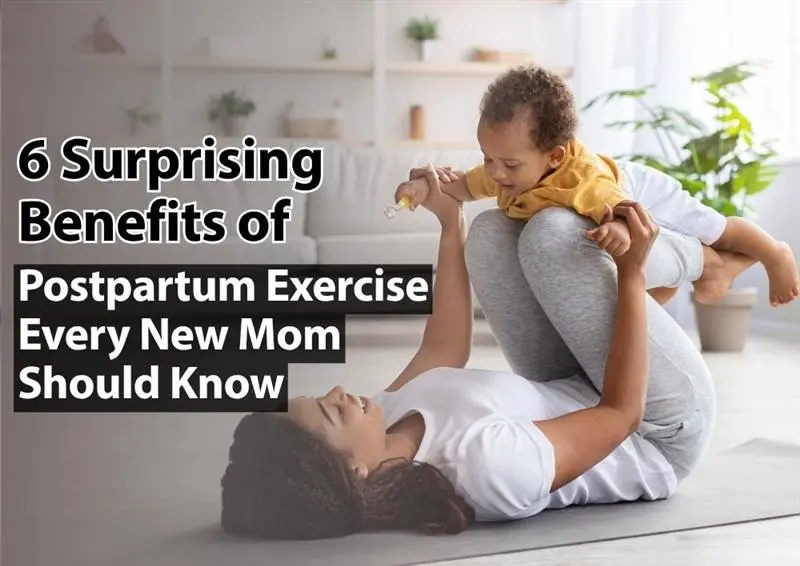





Was the information useful?
0 0